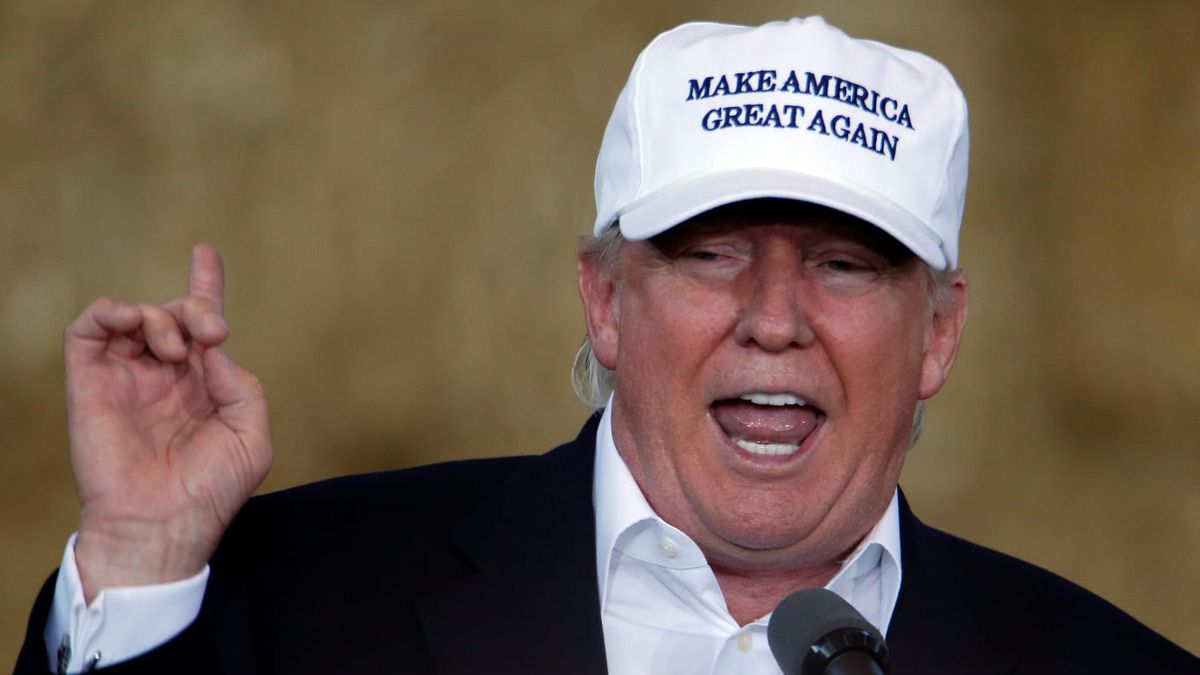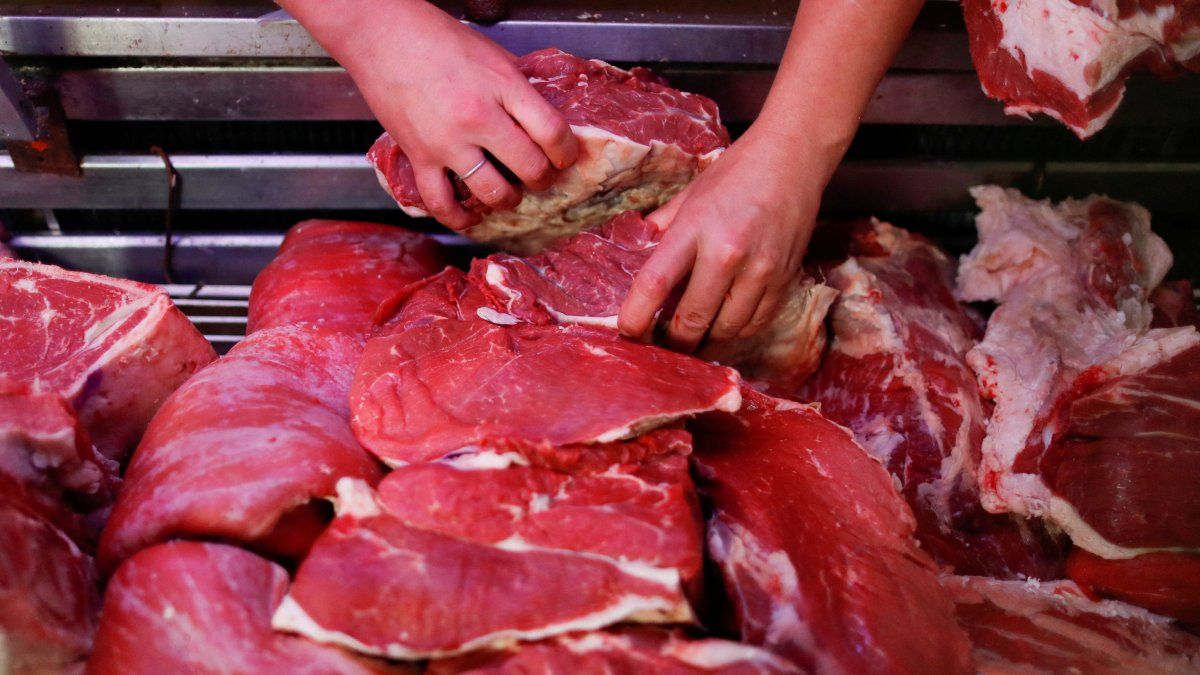The first reflections of different analysts consulted by Scope They agree that there will be alignments on geopolitical issues and that support in multilateral credit organizations would remain strong, such as the International Monetary Fund (IMF).
But the question that is hovering over the business environment at this time is whether or not Trump’s arrival at the White House will actually have an impact on the business sector. In this sense, Alejandro DiazCEO of the United States Chamber of Commerce in Argentina (AmCham)he assured Scope that “the protectionism to be imposed by the future Trump administration could affect the export of products from Argentina, such as steel, aluminum and biofuels.
This particular issue had already been the subject of intense negotiations during Trump’s first presidency while Mauricio Macri commanded the destinies of our country. Regarding this point, Gustavo Idigorasholder of the Chamber of the Oil Industry and the Center of Cereal Exporters (CIARA-CEC) explained to Scope that “Trump’s victory in the United States is a very clear signal from the American people to protect their industry against imports. In his first term we lost the biodiesel market, which was the only product that had generated a trade surplus with the United States. I think we should bet on good relationships between the presidents and the new Argentine chancellor so that Argentina is excluded from possible protectionist measures and in addition to opening up export opportunities for industrial products such as sustainable soybean oil.”
In any case, Idígoras – who has vast experience in trade negotiations after having been an agricultural attaché in Brussels for years – explained that “beyond that, international geopolitics is going through moments of uncertainty and it would be natural to expect greater tensions that can impact international prices but also on maritime routes to our buyer markets in Southeast Asia and the Middle East.” This aspect is important for us to consider because we are talking about the main markets for Argentine products, both of animal and plant origin.
Repercussions on the grain market: downward trend?
The election result in the United States generated a shock in the price of raw materials.
In the Chicago market the value of soybeans fell US$7.3 by tons and reached a value of US$357.8 and futures for grains, oil, among other commodities, had falls in their prices. It is probably a logical reaction of the market to concerns about a new trade war between the United States and China, which, as occurred previously, had a strong impact on world trade in primary products.
Protectionism is the main reason why price drops were generated in international markets. From the Rosario Stock Exchange they highlighted that a scenario of uncertainty was generated regarding the export outlook for the soybean harvest, regardless of the fact that the strengthening of the dollar put downward pressure on the rest of the grains. In addition, the large oilseed harvest in North America and the good progress of sowing in the region add additional downward pressure.
Enrique Erizegrain market analyst and head of Novitas Consulting, assured Scope that “beyond the issue of biodiesel, where Argentina could have problems entering due to protectionism, it is very likely that Trump will not continue with the lowering of rates that the Federal Reserve had been promising and that would imply a strong dollar, which would be negative for commodities. Personally, I believe that in reality everything is governed by supply and demand, but if there are no surprises and the dollar is strengthened, the funds will be on the selling side of commodities and they are the ones in charge.”
Protectionism and global trade
When asked about the possible definitions of the new Trump government and the implications for global trade, Marcelo Elizondointernational analyst and head of the DNI Consulting Firm, assured Scope that “one can imagine Trump revitalizing the trade war with China. I imagine that he is moving forward with his proposal to put tariffs on imports, but our agriculture exports little to the United States.
If he imposes tariffs on imports, he can make the American economy a little more inefficient. Although, on the other hand, he is also proposing lower taxes and regulatory costs with a reduction in the weight of the State in the private sector, which can compensate, neutralize and make United States exports more convenient. We have crossed forces, however there is a third line that implies that if he, as supposed, is going to lower the cost of taxes, that is, lower tax collection, if he reduces tax pressure and increases the budget deficit because it does not lower public spending, that will raise the interest rate which could generate an increase in the value of the dollar. It is going to strengthen it and for emerging countries that is not good news.
However, nothing is so linear. According to Elizondo, “we still don’t know who the members of his team are or what their program is. He is presented as a protectionist But that is not good for the United States or the world.. We will see if this is generalized or only imposes sanctions against adversaries and not against the rest. As for the private sector, the reduction in tax and regulatory costs is going to be good. That already began to happen in the first two years of his previous presidency but then the pandemic arrived and affected his program. There are some forces in favor and others against, but we will have to wait to have greater details.”
Source: Ambito




